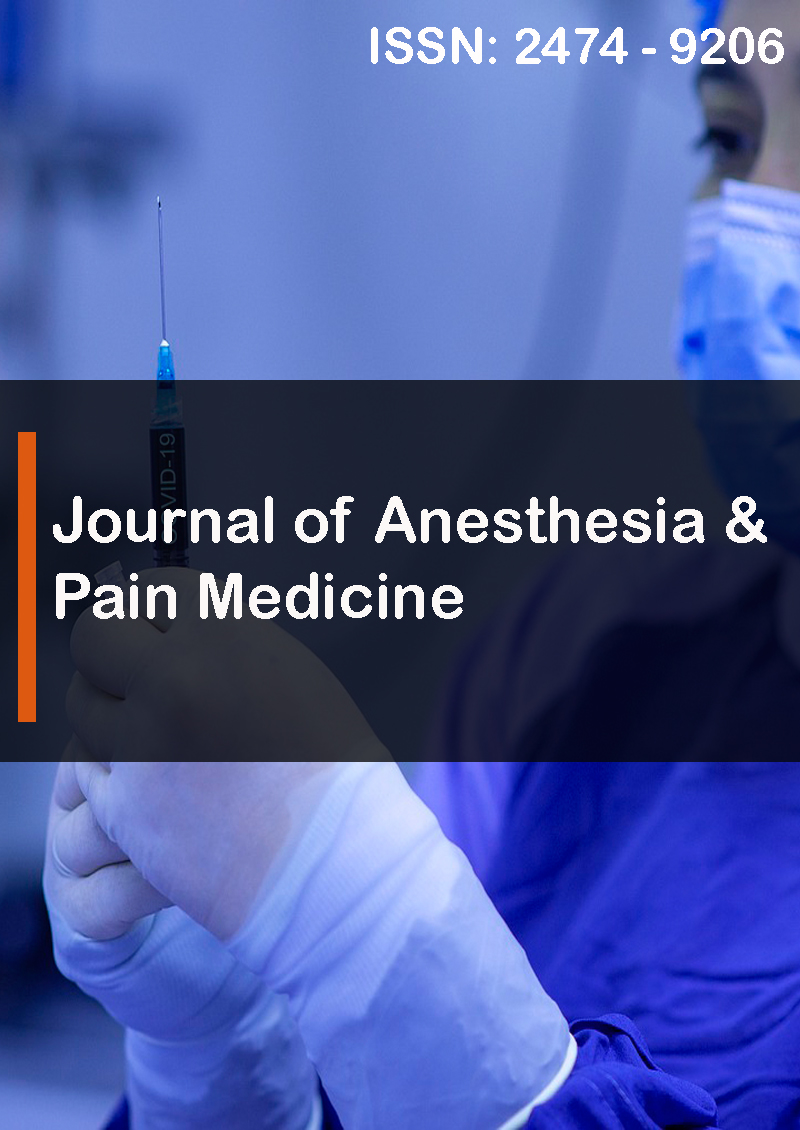The Importance of Harnessing Neurophysiological Placebo Analgesic Mechanisms Through Therapeutic Contextual Factors When Treating Patients with Chronic Pain
Abstract
Marnin Joseph Romm
Chronic pain (CP), a multifaceted experience that has significant effects on the patients themselves, in addition to their families, social and professional situations. Therapeutic contextual factors (TCFs) are essential components of both psychological and physical interventions, and are understood to be core variables underlying the development of the analgesic placebo effect. With the emergence of imaging studies and other high-resolution medical technology in recent years, these tools have been able to highlight key cortical regions and neuroscientific mechanisms that play a part in the placebo response. The following review dissects what makes-up TCFs. In turn, the review describes var- ious neuroscientific mechanisms that catalyze placebo analgesic responses that are triggered due to of these TCFs. Ultimately, This paper empasizes the need to use these TCFs within clinical situations, as made evidenced through current neuroscientific research, in order to provide patients with (CP) with best possible outcomes and overall qual- ity of life.



